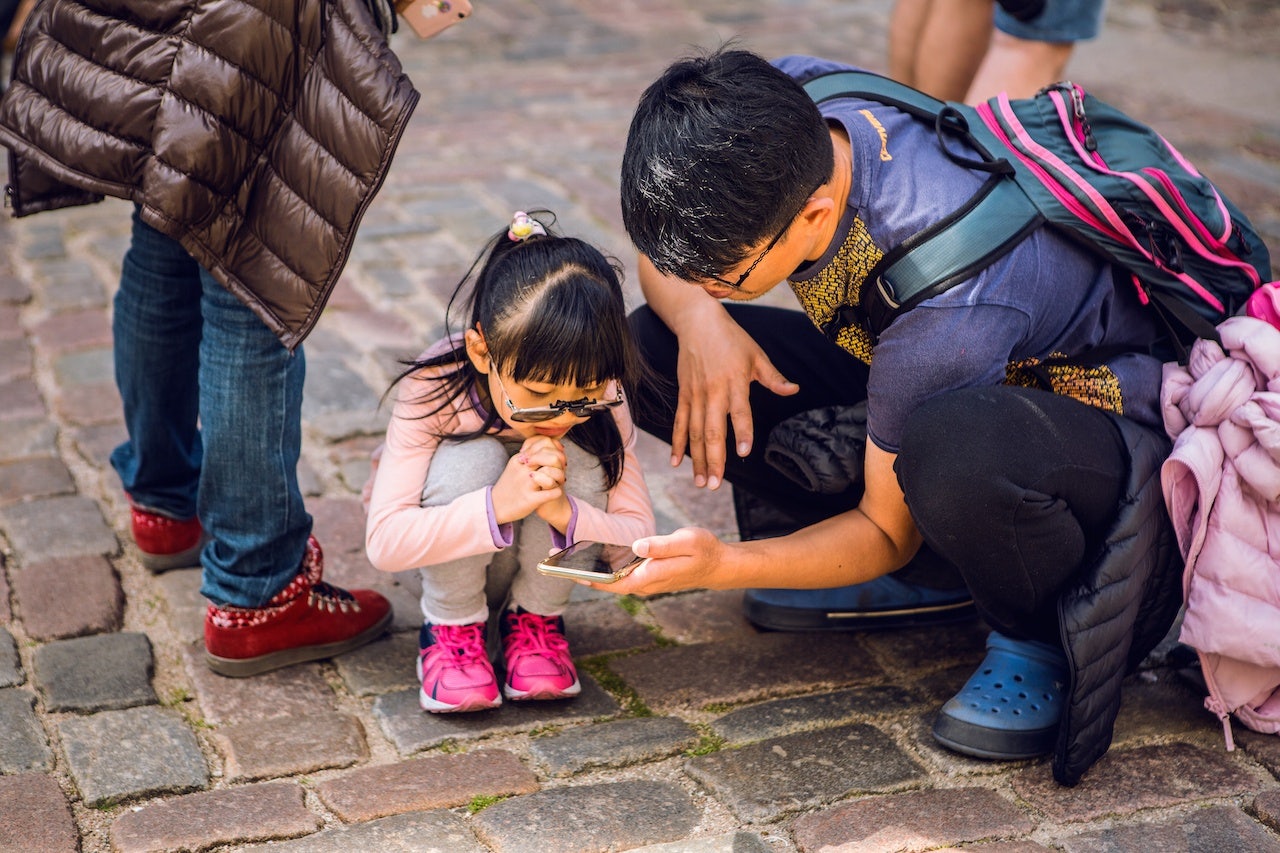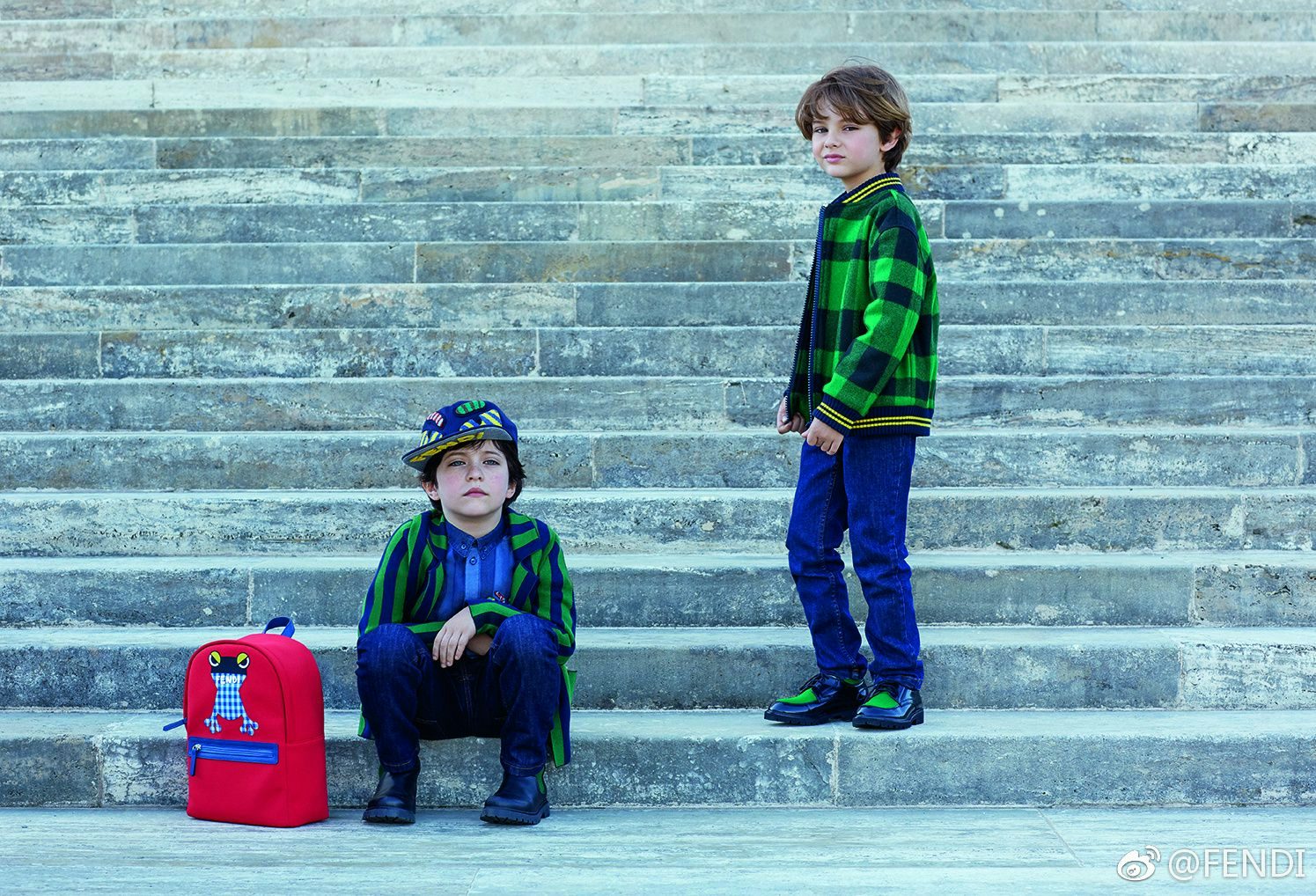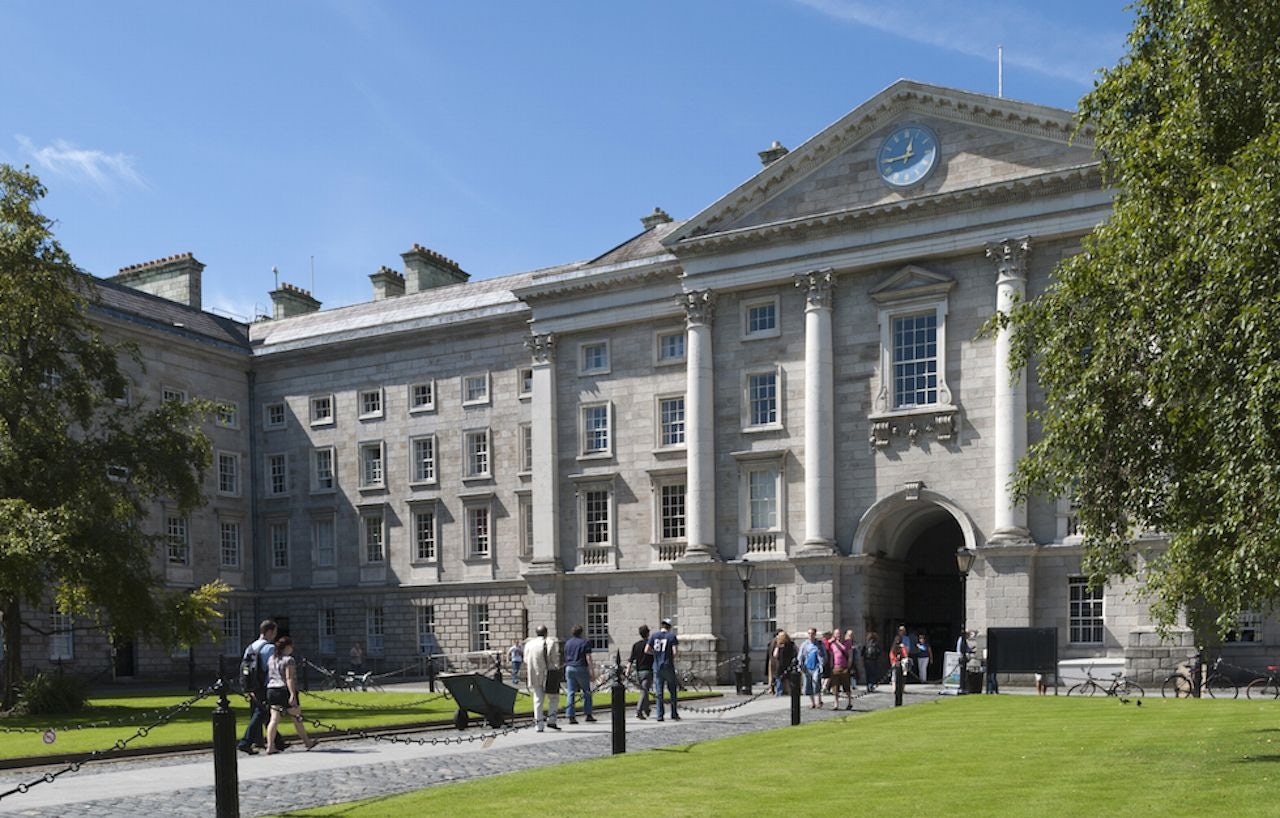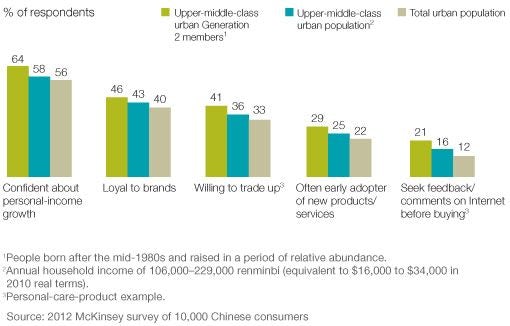What’s the latest luxury status symbol in China? It's not a handbag by Louis Vuitton or Gucci. According to Chinese parents, it's their children. Shelling out a small fortune for their children’s schooling, summer vacations, and extracurriculars is the latest trend for Chinese parents looking to distinguish themselves.
This summer, an article titled, “A Monthly Salary of 30,000 RMB (4,493) is Not Enough for My Child’s Summer Vacation” went viral on WeChat Moments. Written by a high-paid executive mom, it tells the story of how she can hardly keep up with the extravagant overseas summer programs that she lines up for her daughter.
The mother says the total cost of her daughter's education for the summer is 35,000 yuan (roughly 5,240 USD), including 20,000 yuan (3,000) for a 10-day US study tour and other tutoring classes that cost up to 10,000 yuan (1,500).
Immediately after the post was published, Chinese netizens responded furiously, with many Weibo users asking, 'Can an expensive summer vacation really make your kids ‘better’ than others?”
Other internet users wondered about the intentions of parents making such a sacrifice. “Is this to fulfil the parents’ vanity or to make the children happy?”
Parents like Linda Xu strongly oppose such criticism. Xu, who works as an Operations Manager in an international automobile company in Beijing, told Jing Daily that she spent less than that of the mom in the post, though the cost of different tutoring classes that she selected for her eight-year-old son to take during the summer “definitely exceeded 20,000 RMB.”
She rationalized her decision by saying, “This is the luxury I didn’t get to enjoy when I was young, and I hope to start early on my kid’s elite education so that he can stand out among his peers as he grows older.”
A Unique Phenomenon That Reflects the Anxiety of China's Middle Class#
According to a June report by HSBC on global education expenses, 93 percent of Chinese parents have been paying for kids' private schools, a figure surpassing that of the United States (46 percent), France (32 percent), and the United Kingdom, respectively, by at least 40 percent.
The strong emphasis placed by Chinese parents on education has fueled the growth of the children's education market in China lately. What's more, there has been a myth among Chinese mothers that the quality of education is positively correlated with the price they pay. However, the loosely regulated education market means that the correlation is not always true.
“This irrational phenomenon is unique to the middle class in China,” writes Yu Xiulan, the Professor of Education at Nanjing University, in a blog post in September 2016.
He reasons that the country's elite class doesn't have to worry about changing the social status through education, whereas for lower-class households, they simply cannot afford it. China's middle class comes in between, whose anxiety about keeping their current social status urges them to spend a great deal of money in education, even at the expense of their quality of life, in order to make them feel secure.
“They compare it (how much they spend on a child's summer vacation) to luxury clothes or cars,” said Xiao Bingqi, the Deputy Director of the 21st Century Education Research Institute, in an interview with Global Times in August 2017, drawing the connection between this irrational behavior with that of luxury spending.
How Can Luxury Brands Learn From This Changing Mentality?#
It, thus, has become crucial for luxury brands to understand the changing psychology of the Chinese middle class, who is also the fast-rising consumer segment for luxury shopping in China.
"The old notion of luxury goods displaying social status is so outdated," said Paul Swinand, the Senior Vice President of Four Hills Advisor, in an interview with Jing Daily.
He advised luxury brands to adjust their strategy to reach to different levels of consumers under this big umbrella term of "Chinese middle class".
Besides, the education fever by China's middle class speaks about one of their renowned characteristics, pragmatism, which has a deep influence on their luxury shopping habits as well.
As Xu puts it, "I'd rather spend money on children's education than luxury goods, because it has a much higher rate of return on investment than my Gucci bags."
Xu's thinking seems like bad news for luxury brands, but with the right marketing and branding message that resonates with her true need of feeling secure about the current social status, the situation is highly likely to be turned.



